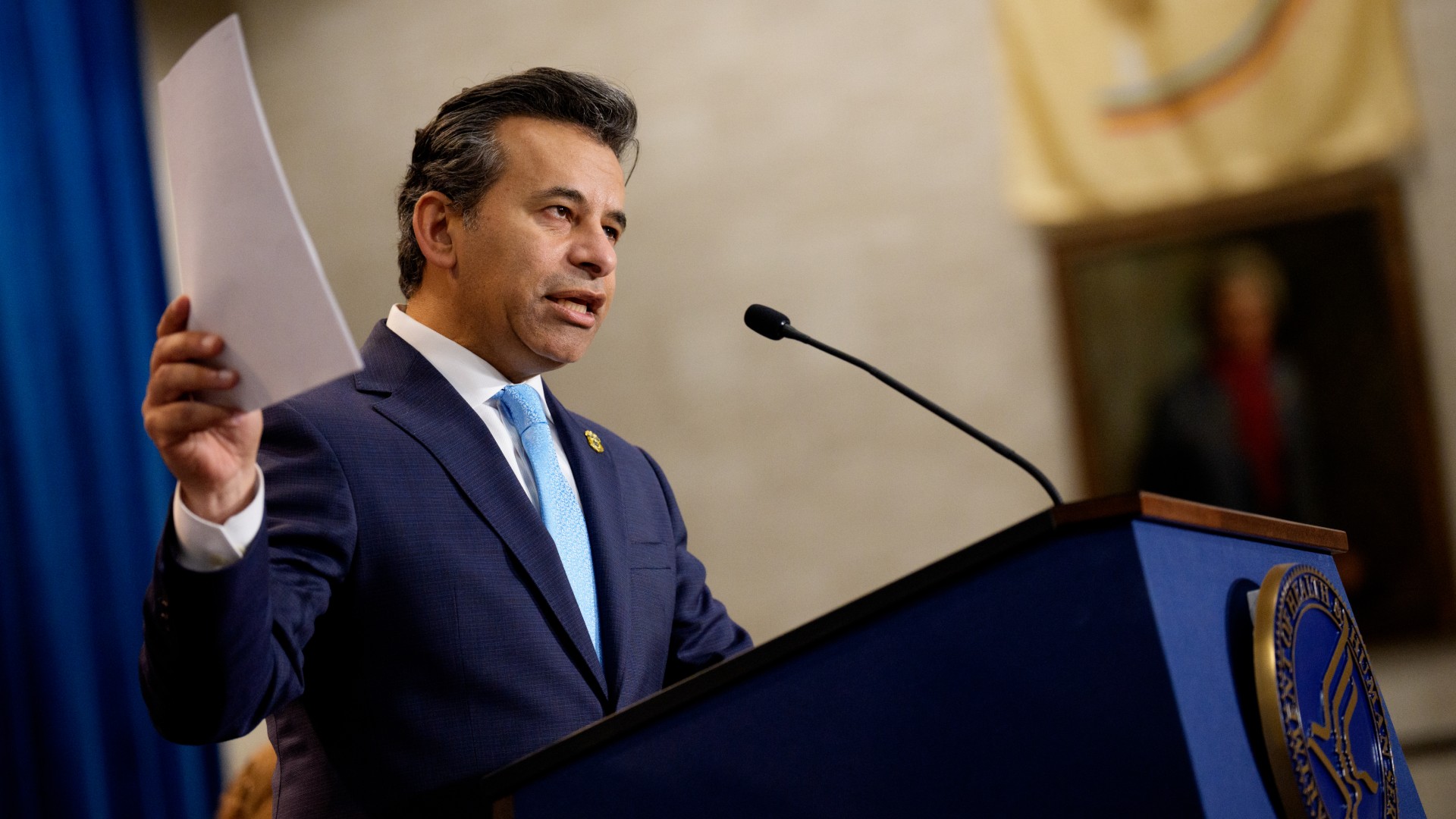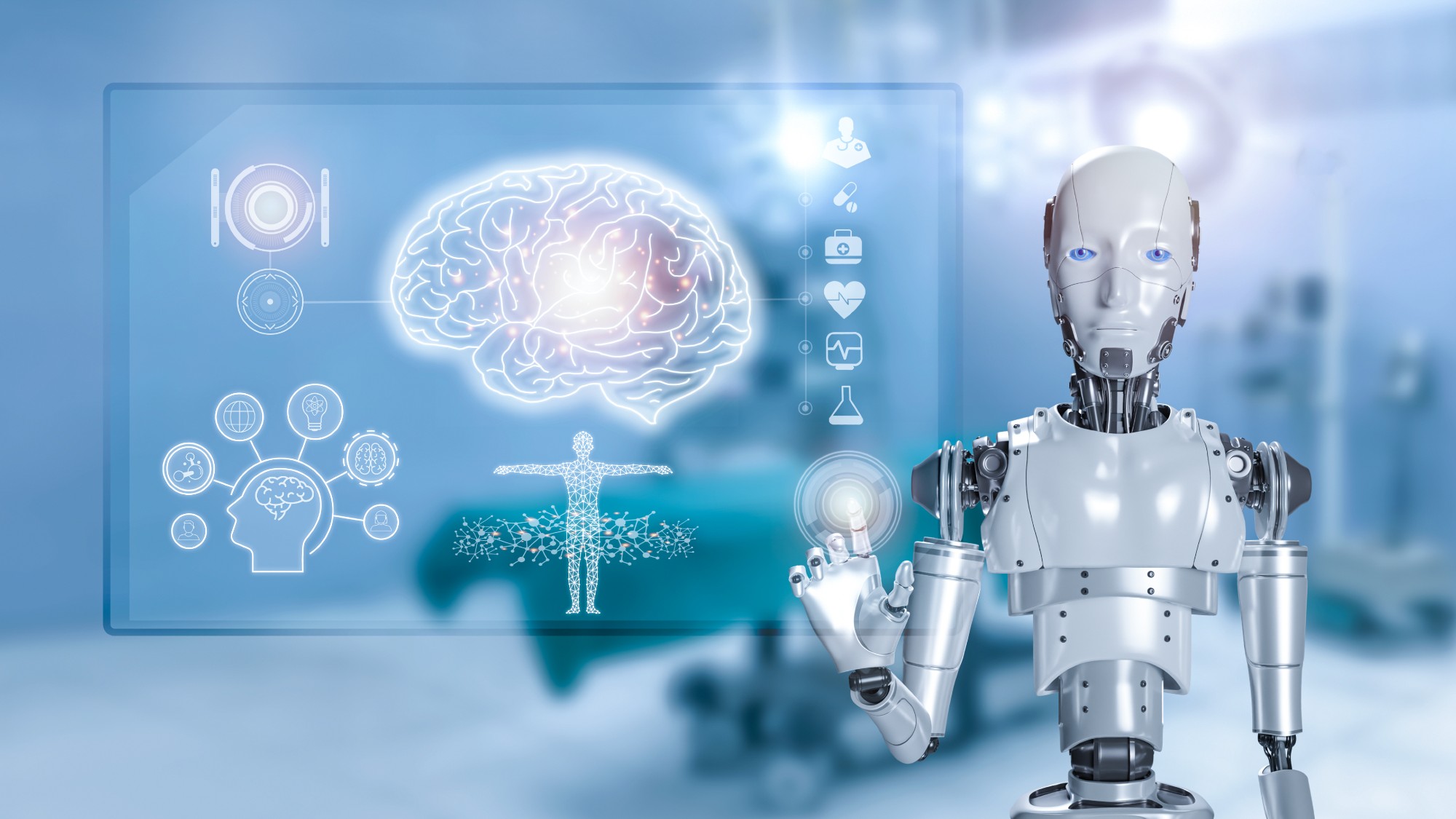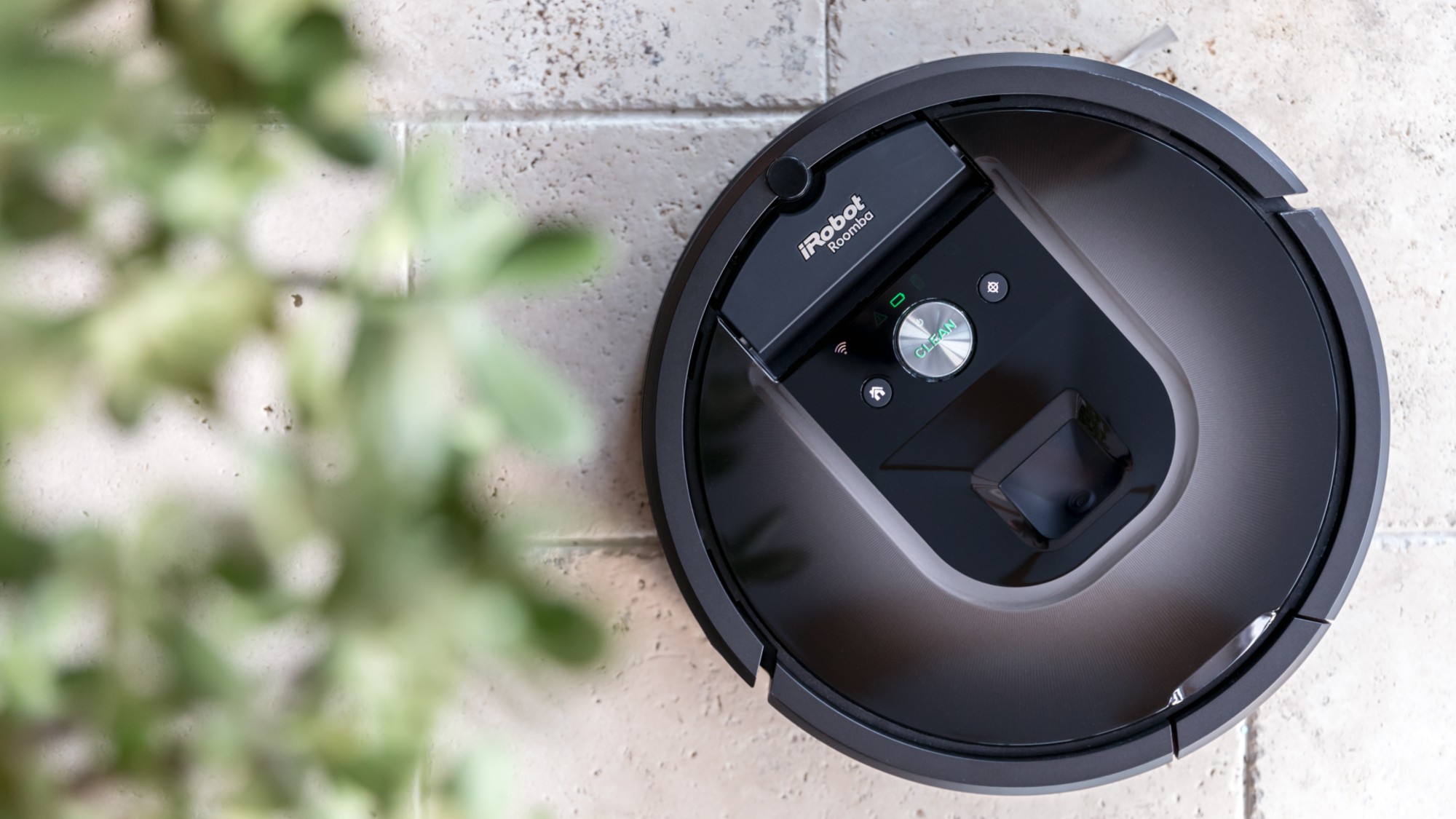Inside the FDA's plans to embrace AI agencywide
Rumors are swirling about an AI chatbot being developed for the FDA by OpenAI


A free daily email with the biggest news stories of the day – and the best features from TheWeek.com
You are now subscribed
Your newsletter sign-up was successful
OpenAI has been connecting with various companies in an effort to incorporate its generative artificial intelligence technology, and federal agencies are rumored to be part of that effort. While a contract with Open AI has yet to be confirmed, the Food and Drug Administration is suggesting that AI will be a part of its operations sooner rather than later.
FDA seeking 'aggressive' adoption of AI
The FDA announced an "aggressive timeline" to deploy artificial intelligence internally immediately, with full integration across all FDA centers by June 30, following the completion of a new generative AI pilot for scientific reviewers. FDA Commissioner Martin Makary was "blown away by the success of our first AI-assisted scientific review pilot," he said in the announcement. The agency needs to "reduce the amount of non-productive busywork that has historically consumed much of the review process." This aggressive agency-wide deployment of AI "holds tremendous promise in accelerating the review time for new therapies," said Makary.
The announcement came a day after Wired reported that the drug regulator, along with two associates of the Department of Government Efficiency, met with OpenAI several times to discuss the agency's use of AI. The meetings appeared to be "part of a broader effort at the FDA to use this technology to speed up the drug approval process," Wired said.
The Week
Escape your echo chamber. Get the facts behind the news, plus analysis from multiple perspectives.

Sign up for The Week's Free Newsletters
From our morning news briefing to a weekly Good News Newsletter, get the best of The Week delivered directly to your inbox.
From our morning news briefing to a weekly Good News Newsletter, get the best of The Week delivered directly to your inbox.
"Why does it take over 10 years for a new drug to come to market?" Makary said on X. The comment came after an annual meeting of the American Hospital Association, where he pointed to AI's potential to facilitate the approval of new treatments for diabetes and some types of cancer. "Why are we not modernized with AI and other things?"
While OpenAI was not mentioned in the announcement of AI integration, sources close to the project said meetings with the company included discussions for a project named cderGPT. The project's name "likely stands for Center for Drug Evaluation," which "regulates over-the-counter and prescription drugs" and "Research GPT" Wired said. Jeremy Walsh, who was recently named as the FDA's first-ever AI officer, has reportedly led the discussions with OpenAI, but so far, "no contract has been signed."
'Broader trend of AI adoption in federal agencies'
There could be an upside to incorporating AI for the FDA. Using AI to assist in final drug reviews would "represent a chance to compress just a small part of the notoriously long drug-development timeline," said Wired. The majority of drugs "fail before ever coming up for FDA review."
Rafael Rosengarten, a cofounder of the Alliance for AI in Healthcare, is in favor of automating some tasks in the drug-review process but thinks there is a need for policy guidance around what kind of data is used to train AI models and what kind of model performance is considered acceptable. The machines are "incredibly adept at learning information," but they have to be "trained in a way so they're learning what we want them to learn," he said to Wired. AI could be used more immediately to address "low-hanging fruit," such as checking for application completeness. A step as "trivial as that could expedite the return of feedback to the submitters based on things that need to be addressed to make the application complete."
A free daily email with the biggest news stories of the day – and the best features from TheWeek.com
The FDA's announcement about embracing AI "parallels a broader trend of AI adoption in federal agencies during the Trump administration," said Futurism. In March, OpenAI introduced a version of its chatbot called ChatGPT Gov "designed to be secure enough to process sensitive government information." Elon Musk has "pushed to fast-track the development of another AI chatbot for the US General Services Administration," called GSAi. Still, said Futurism, the risks of "using the technology in a medical context are concerning, to say the least."
Theara Coleman has worked as a staff writer at The Week since September 2022. She frequently writes about technology, education, literature and general news. She was previously a contributing writer and assistant editor at Honeysuckle Magazine, where she covered racial politics and cannabis industry news.
-
 Switzerland could vote to cap its population
Switzerland could vote to cap its populationUnder the Radar Swiss People’s Party proposes referendum on radical anti-immigration measure to limit residents to 10 million
-
 Political cartoons for February 15
Political cartoons for February 15Cartoons Sunday's political cartoons include political ventriloquism, Europe in the middle, and more
-
 The broken water companies failing England and Wales
The broken water companies failing England and WalesExplainer With rising bills, deteriorating river health and a lack of investment, regulators face an uphill battle to stabilise the industry
-
 Elon Musk’s pivot from Mars to the moon
Elon Musk’s pivot from Mars to the moonIn the Spotlight SpaceX shifts focus with IPO approaching
-
 AI: Dr. ChatGPT will see you now
AI: Dr. ChatGPT will see you nowFeature AI can take notes—and give advice
-
 Claude Code: Anthropic’s wildly popular AI coding app
Claude Code: Anthropic’s wildly popular AI coding appThe Explainer Engineers and noncoders alike are helping the app go viral
-
 Will regulators put a stop to Grok’s deepfake porn images of real people?
Will regulators put a stop to Grok’s deepfake porn images of real people?Today’s Big Question Users command AI chatbot to undress pictures of women and children
-
 Most data centers are being built in the wrong climate
Most data centers are being built in the wrong climateThe explainer Data centers require substantial water and energy. But certain locations are more strained than others, mainly due to rising temperatures.
-
 The dark side of how kids are using AI
The dark side of how kids are using AIUnder the Radar Chatbots have become places where children ‘talk about violence, explore romantic or sexual roleplay, and seek advice when no adult is watching’
-
 Why 2025 was a pivotal year for AI
Why 2025 was a pivotal year for AITalking Point The ‘hype’ and ‘hopes’ around artificial intelligence are ‘like nothing the world has seen before’
-
 What is Roomba’s legacy after iRobot bankruptcy?
What is Roomba’s legacy after iRobot bankruptcy?In the Spotlight Tariffs and cheaper rivals have displaced the innovative robot company
